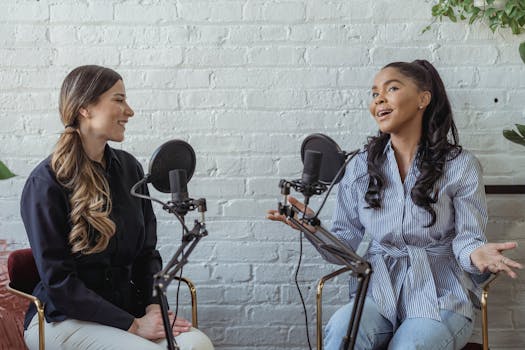Recording phone calls or in-person conversations might seem harmless — or even necessary — in today’s world. But depending on where you live, pressing “record” without permission can get you into serious legal trouble.
U.S. laws about recording conversations vary by state. Some states require only one person in the conversation to consent. Others demand everyone involved to be informed and agree — or the recording could be illegal.
This guide breaks down consent laws, state-by-state rules, and real-world risks to help you stay legal in 2025.
Why Consent Matters When Recording
In the U.S., most laws about recording fall under wiretapping or eavesdropping statutes. These laws are designed to protect people’s privacy and regulate how and when conversations can be legally documented.
At the heart of these laws is consent — that is, who must be aware of and agree to the recording.
There are two main types of states:
- One-party consent states
- All-party (or two-party) consent states
Let’s break them down.
One-Party Consent States
In these states, only one person in the conversation needs to know and consent to the recording. That means you can legally record a conversation you’re part of, even if the other person doesn’t know.
If you’re not part of the conversation (e.g., secretly recording strangers), that’s illegal regardless.
As of 2025, the following are one-party consent states:
- New York
- Texas
- North Carolina
- Florida
- Georgia
- Illinois (with specific restrictions)
- And over 30 more
Federal law also follows the one-party consent rule. So if a call crosses state lines, you may be covered — but only if both states involved allow it.
All-Party (or Two-Party) Consent States
These states require all participants in a conversation to consent to the recording.
As of 2025, the following states generally require all-party consent:
- California
- Florida (also listed above — dual interpretation depending on medium)
- Illinois (special case)
- Maryland
- Massachusetts
- Michigan (complex case law — safest to assume all-party)
- Montana
- New Hampshire
- Pennsylvania
- Washington
⚠️ Important: These laws apply even if you’re part of the conversation. Recording without informing everyone else is considered a violation.
Real-World Examples
- Legal in Texas: You record a call with a client for training purposes. You don’t need to tell them.
- Illegal in California: You record a business negotiation without informing the other party. You could face civil or even criminal penalties.
- Uncertain in Illinois: Law requires all-party consent in many private conversations, especially when there’s a reasonable expectation of privacy.
What About Video Recordings?
If the audio contains private conversation, the same rules apply.
For silent video (no audio), laws are different and often tied to privacy expectations. For example:
- Filming in public? Usually legal.
- Filming someone inside their home through a window? Likely illegal.
Some states also prohibit secretly recording in places like bathrooms, locker rooms, or dressing rooms — regardless of whether audio is involved.
Penalties for Illegal Recording
Violating consent laws can lead to:
- Fines — Civil damages awarded to the person recorded
- Criminal charges — Including jail time in some states
- Suppressed evidence — Recordings may be inadmissible in court
- Civil lawsuits — For invasion of privacy or emotional distress
In California, for example, illegal recording can carry a fine of $2,500 per offense and up to one year in jail.
Best Practices Before Hitting Record
If you’re unsure whether a recording is legal:
- Always ask for consent — Get verbal or written confirmation
- State your intent clearly — “This call may be recorded for quality assurance”
- Use a disclosure tone at the start of the call
- Don’t rely on assumptions — Even if it’s legal federally, the more restrictive state’s laws apply
- Consult a local attorney — Especially for business use or legal disputes
Special Rules for Businesses
If your business records customer calls:
- Federal and many state laws require disclosure at the beginning of the call
- Most companies use automated messages (e.g., “This call may be recorded for training purposes”)
- Employee monitoring laws may also apply — especially in California and New York
Avoid legal risk by implementing clear policies and employee training.
Can You Use a Recording in Court?
Legally obtained recordings (per consent rules) may be used in court as evidence.
Illegally obtained recordings, however:
- Can be excluded from trials
- May get your case dismissed
- Could result in separate legal action against you
Judges take privacy violations seriously — don’t risk sabotaging your own case.
Where to Check Your State Law
Use these official links to confirm current rules:
Laws change, and some cases create exceptions. Always double-check or speak with a legal professional before recording.
Final Word
Recording a conversation might seem harmless, but depending on your state, it could be a felony.
If you’re unsure, get consent — in writing if possible. This is especially important in business, legal, or emotionally sensitive situations.
And remember: just because your phone can record doesn’t mean you should use it without checking the law first.
